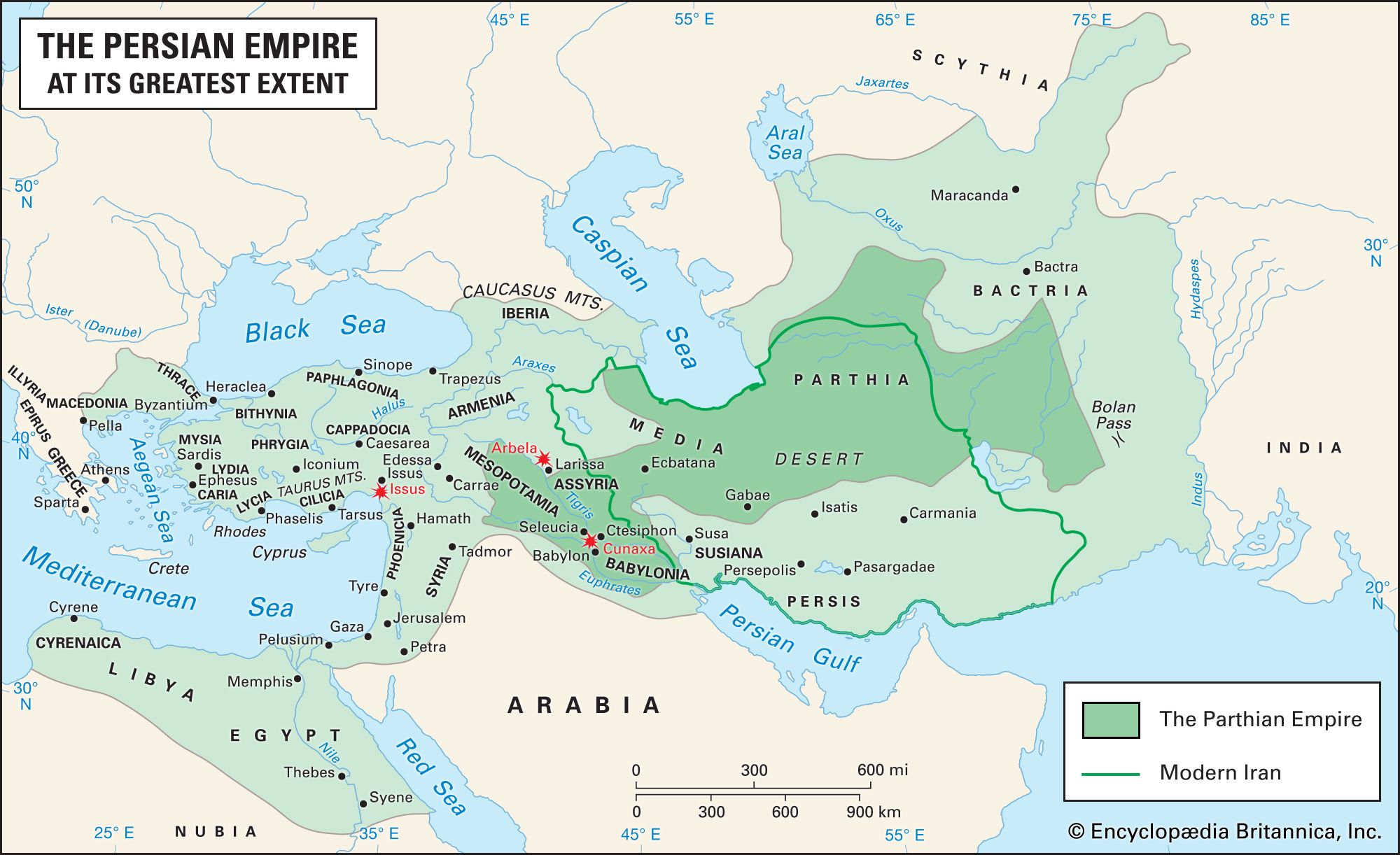This article explores the differences between European colonialism and Japanese colonialism in the 19th and 20th centuries. European colonial powers sought to exploit resources and build empires using economic interests and military force, leading to brutal violence, exploitation, and subjugation of the colonized people. In contrast, Japan’s approach was driven by nationalism, using cultural and economic ties to acquire resources and territory for industrialization and development goals. They established colonies as protectorates, allowing the natives to retain their own language, culture, and customs, and invested in infrastructure and modernization. The Japanese also used cultural assimilation rather than violent repression to control their colonies.
European Colonialism vs. Japanese Colonialism: Contrasting Two Different Approaches to Empire Building
Introduction
Colonialism was a phenomenon that dominated much of the world during the 19th and 20th centuries. European colonial powers, such as Great Britain, France, and Spain, established colonies in Africa, Asia, and the Americas to exploit their resources and build empires. On the other hand, Japan, a country that had a minimal colonial experience in the early 19th century, embarked on its own colonial projects in the late 19th century. This article explores the contrasting approaches to empire building between European colonial powers and Japan.
The European Colonialism Approach
European colonialism was characterized by the desire for power, wealth, and dominance. European powers, namely Britain, France, and Spain, established colonies in the Americas, Africa, and Asia, aimed at exploiting the resources of these continents. This approach was mainly driven by economic interests and, in most cases, involved the use of force. European powers introduced capitalist economies in the colonies and exploited the natural resources and labor force.
European colonialism was also associated with brutal violence, exploitation, and subjugation of the colonized people. The system of government in such colonies was autocratic, with the Governor or the Viceroy being the ultimate authority. The Europeans used military power to subdue the natives and enforce their will, in many cases, leading to uprisings and resistance movements.
The Japanese Colonialism Approach
Unlike the Europeans, Japan’s approach to colonialism was driven by a sense of nationalism. Japan saw colonialism as a way of acquiring resources and territory to sustain its industrialization and development goals. In contrast to European colonialism, Japan adopted a more indirect approach to empire building, using cultural and economic ties, instead of military might.
Japan’s overseas colonies in Taiwan, Korea, and Manchuria were established as protectorates, and the natives were allowed to retain their own language, culture, and customs. The Japanese also invested heavily in building infrastructure and modernizing the colonies, which helped to improve the living standards of the local population.
Japan’s rule was not without resistance, but unlike the Europeans, they used cultural assimilation rather than violent repression to control the colonies. For instance, the Japanese made efforts to assimilate the Koreans into Japanese culture by teaching them the language, religion, and customs of the Japanese. This approach was successful, leading to a gradual change in the attitudes of the Koreans towards the Japanese.
Conclusion
In summary, European colonialism and Japanese colonialism represent two different approaches to empire building. The European colonialism approach was characterized by the quest for power, wealth, and dominance, and often involved the use of force to subdue the natives. On the other hand, Japan’s approach to colonialism was driven by nationalist goals and focused on building cultural and economic ties, rather than military conquest. While both approaches had their advantages and drawbacks, the differences between them reflect the complex and varied nature of colonialism as a phenomenon.
